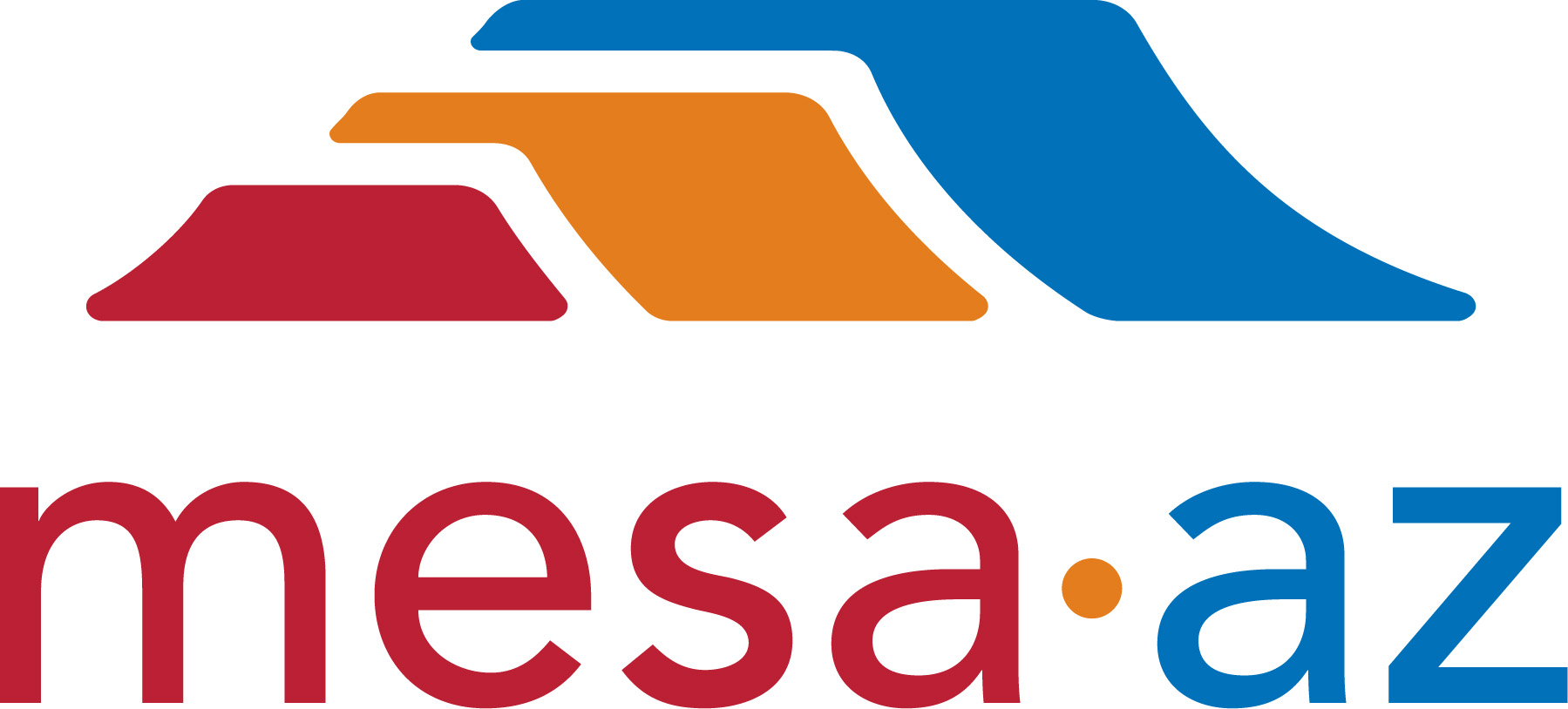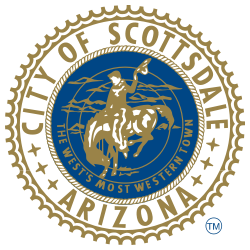Today, the U.S. Department of Energy (DOE) Office of Indian Energy issued two Notices of Intent (NOIs) to release a combined $30 million in Funding Opportunity Announcements (FOAs) later this summer.
The first NOI will support Tribal clean energy planning and development, and the second NOI will support Tribal Colleges and Universities (TCUs) planning to transition to clean energy.
Through these planned FOAs, the Office of Indian Energy will continue its effort to advance Tribal energy sovereignty and maximize the deployment of clean, reliable, affordable, and local energy solutions.
DOE anticipates issuing the following two Tribal energy funding opportunities in late summer 2024.
Tribal Clean Energy Planning and Development NOI (DE-FOA-0003400)
This planned FOA will solicit applications for the planning, assessment, and development of clean energy projects on Tribal buildings or Tribal lands, to:
Conduct Tribal clean energy planning
Comprehensively assess the feasibility and viability of deploying clean energy technology on Tribal lands, or
Conduct clean energy project design and development activities for deployment on Tribal buildings or Tribal lands.
Under the planned FOA, the Office of Indian Energy anticipates making approximately $25 million available with awards that range from $100,000 to $2,500,000.
A 10% recipient cost share is anticipated to be required under the planned FOA. However, the Office of Indian Energy may provide an opportunity for eligible applicants to request a cost share reduction from 10% to 0% based on poverty rate and median household income of the Tribal community relative to the statewide median household income.
Download the NOI (DE-FOA-0003400) for Tribal Clean Energy Planning and Development – 2025.
TCUs Planning for Clean Energy Transition NOI (DE-FOA-0003402)
This planned FOA intends to provide financial support to TCUs to plan the transition of their campuses to clean energy.
Under the planned FOA, the Office of Indian Energy anticipates making approximately $5 million available with awards that range from $100,000 to $250,000 for planning grants.
No recipient cost share is anticipated under the planned FOA.
Download the NOI (DE-FOA-3402) for Tribal Colleges and Universities Planning for Clean Energy Transition – 2025.











